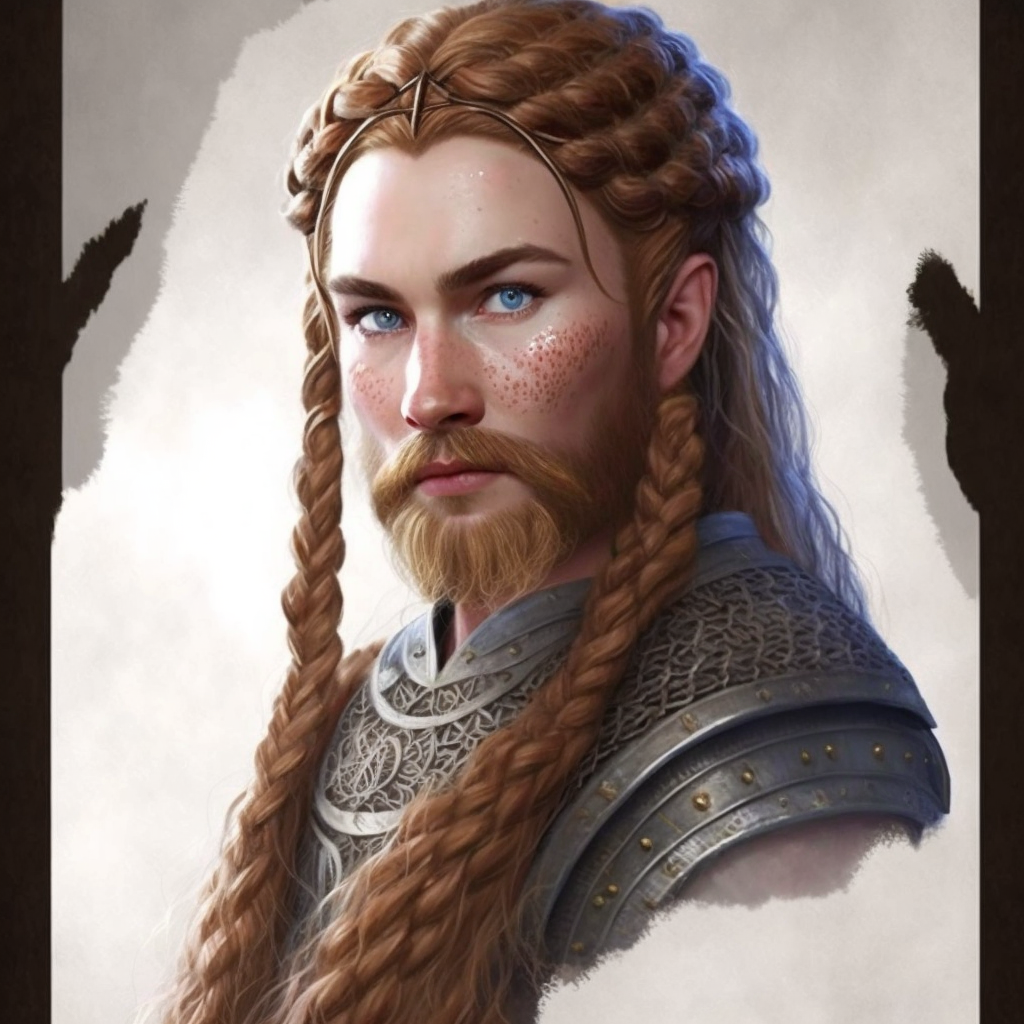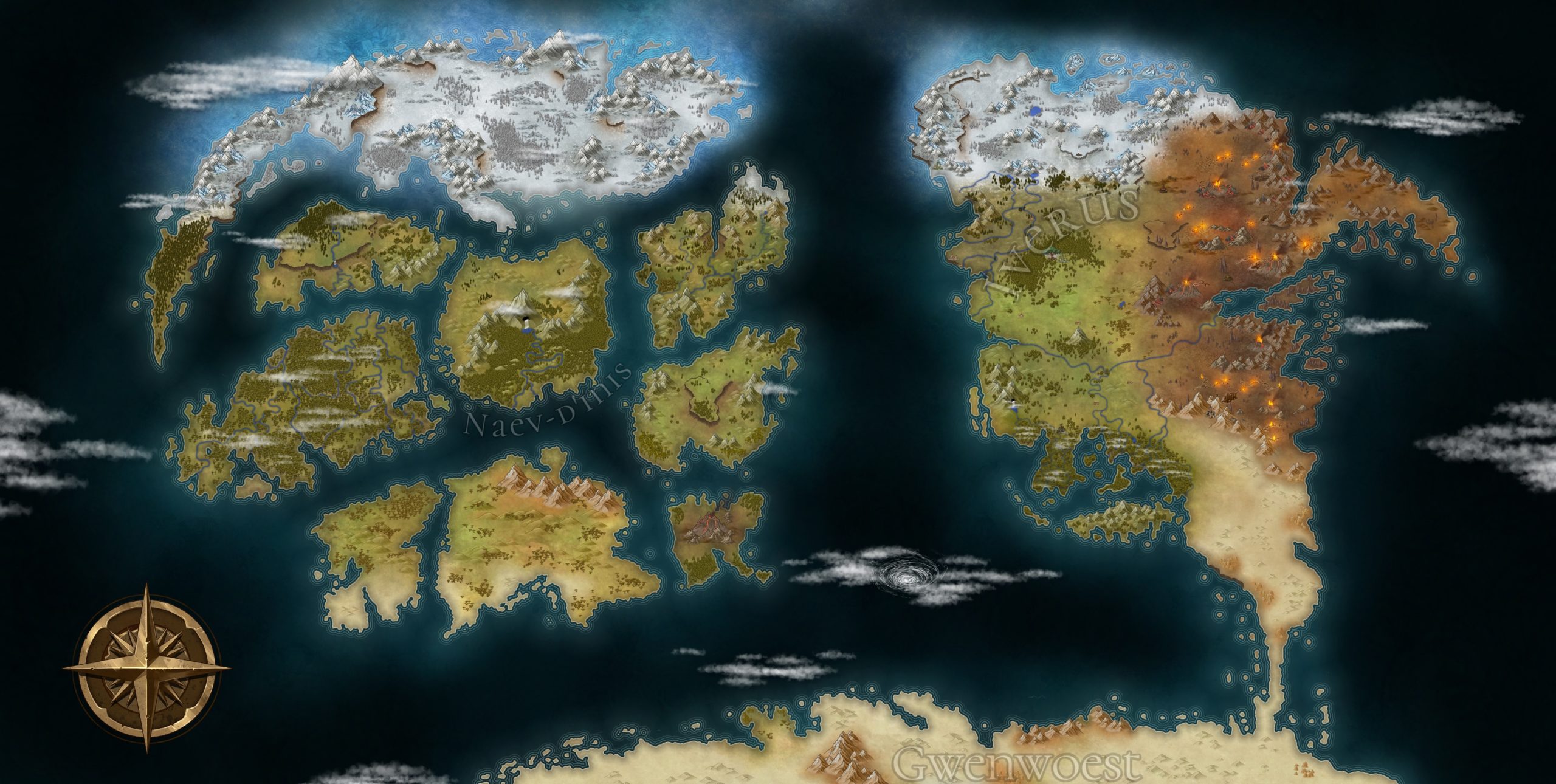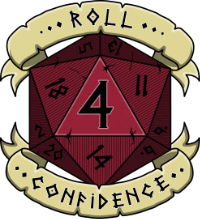Roleplaying Games and Salty Caramel Ice Cream
Roleplaying Games are a bit like salty caramel ice cream – I could write about them all day, but in order to really understand them you have to experience them. That is why I played this with three clinical psychologists (who, by the way, had no idea how this game works), and you can listen to that here.
There’s also an interview with Dr. Megan A. Connell, one of the world’s leading experts in the field, and myself that you can listen to here if you want to get more of an understanding of the science behind it.




Why Train Social Skills in a Fantasy World?
So why train confidence and learn social skills in a made-up world, playing a made-up heroic character?
Well, there are many reasons, and I’ll start with these:
1. Training this in the real world is scary, and it’s hard!
If you are someone (or can think of someone) who is socially anxious, who wants to talk to people but is scared of doing so and wouldn’t know what to say in the first place – you know how fear-inducing this can be. And yes, it’s easy to say “Just go to that event and talk to people”, but if it were that simple then we wouldn’t have a pandemic of anxiety and loneliness. Because it really is scary for many.
BUT: What if remove yourself from the equation and become someone else – say Sir Threepwood the Blademaster – and put yourself in a fun and gamified environment? How much easier does this make it to practice conversation? Assert yourself? Tell a joke? Negotiate?
2. There’s no fear of rejection or embarrassment, so we can focus on the actual skill-building!
Along that same line, the fear of getting rejected or embarrassing oneself often means that instead of really practicing a skill, people are instead playing it safe. They talk to people they already know. They people please instead of drawing boundaries. They make small talk instead of having meaningful conversations.
BUT: In the story, there’s no need to do that! Because it’s not you who’s out there, it’s your alter ego – and your character is heroic enough to laugh it off.
3. A cooperative group of players working toward the same goal
And all of this happens in an environment of supportive players who all work on the same skills, who take turns and support each other throughout. With advice, a. helping hand, and, if need be, the occasional invisibility potion.
How We Play
A group of four to six players will play for eight weeks – one session per week with homework assignments to practice what was learned in between sessions. These groups can be a wild mix, or you can bring your friends. Either because they could use the training too, or maybe because they want to support that one friend who needs to level up their skills.
We’ll start with creating your character before we even start with the adventure. Who would you like to be? An elven wizard throwing fireballs? A dwarven cleric out to defeat the hordes of undead? A halfling thief who infiltrates dungeons unseen?
And more importantly, how would you like to grow? What would you like to learn? That will shape the story that we are playing, and it can take us from diplomatic missions for the dwarven kingdoms to the infiltration of secret magic societies. And we might even through in Dragon for good measure and loads of treasure.

